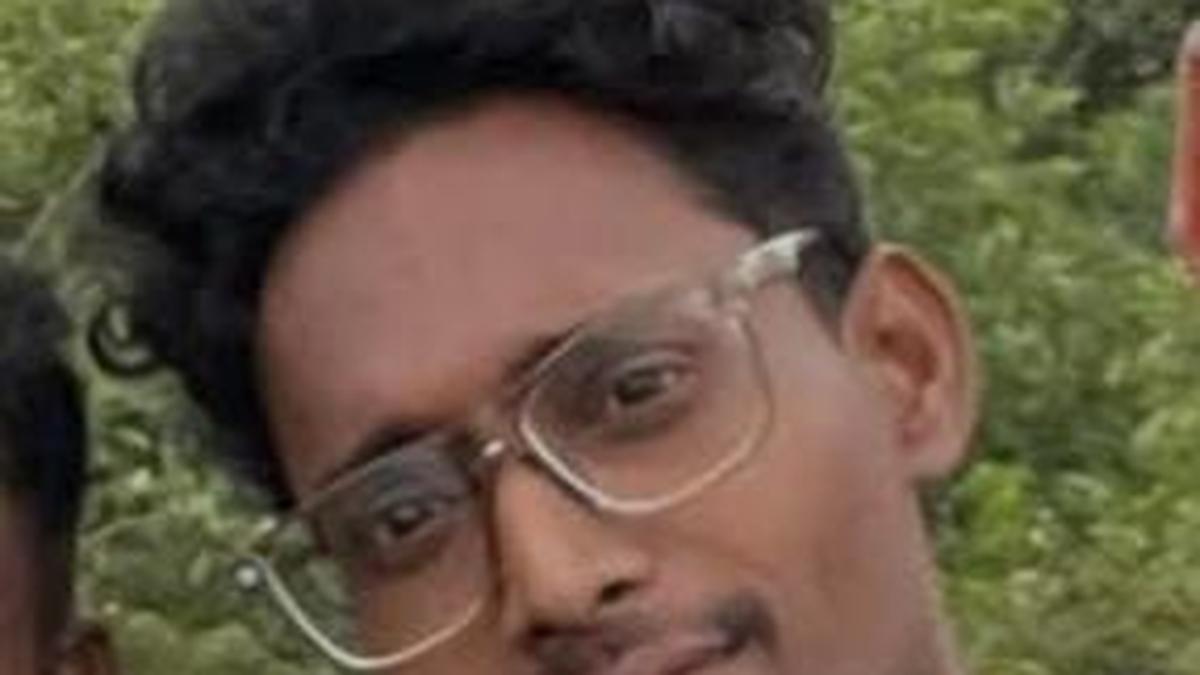A seminar on the ongoing Social and Educational Survey in Karnataka was held in the city on Saturday, with the speakers tracing its background and referring to its imperatives to ensure socio-economic justice and equity in opportunities for socially backward groups.
The seminar, titled ‘Socio-Educational Survey: Historical Background, Implementation Challenges and Our Role’, was conducted by the citizens’ group Jagratha Karnataka in association with the University of Mysore Research Scholars Association among others.
H.V. Vasu, working-committee member of Jagratha Karnataka, remarked that though reservation in jobs aimed to achieve equality emerged in the 20th century, the disparity existed in a distorted form for over 2000 years as jobs were exclusively reserved for the upper castes, while the lower and backward classes were kept out of its purview. This also resulted in the concentration of economic wealth in the hands of a few groups, he added.
Calling for greater awareness on why the survey was being conducted, Mr. Vasu said that even the educated have wrong notions of it.
“Though people may have established software empires worth thousands of crores, the lack of social awareness was acute,” said Mr. Vasu, recalling the recent controversy stoked by Infosys founder Narayana Murthy and his wife Sudha Murthy, who had refused to take part in the survey stating that they did not belong to any backward class group.
Tracing the history of reservation in modern times, Mr. Vasu said it was Sahu Maharaj of Kolhapur who introduced reservation in jobs in 1901-02. But the credit of constituting a committee and introducing reservation based on the committee’s findings goes to Nalwadi Krishnaraja Wadiyar, he added.
Delving at length on the caste-based movement in the princely state of Mysore, Mr. Vasu said that the Maharaja appointed Justice Leslie Miller to study and submit a report, based on which reservation was introduced around 1919.
Though it was opposed by the then Dewan Sir M. Visvesvaraya, the Maharaja remained resolute in his determination resulting in the former’s resignation; this led to the appointment of Kantharaja Urs — the first non-Brahmin Dewan of Mysore, Mr. Vasu stated. “The reservation has been opposed from the time of the Miller Commission to that of the Mandal Commission by vested interest groups,” he added.
What is perturbing is the fact that at present, there was opposition to the survey even by the beneficiaries of the reservation system, Mr. Vasu said.
Describing the caste system as something which is deeply entrenched in the society, Mr. Vasu said that there are people who term guarantee schemes and reservation as “anti-development” without realising that no nation can claim to be developed if a majority of its population are deprived of opportunities or denied a share in its economic wealth. The survey, he said, is a precursor to identifying the backward and the vulnerable sections of the society.
Mr. Vasu cautioned that if the present survey report was not implemented, the share in reservation of the backward classes would not increase in proportion to their population and the exercise would remain incomplete for the foreseeable future.
Yathindra, MLC; Badagalpura Nagendra, KRRS leader; and others were present.

 1 week ago
12
1 week ago
12










 English (US) ·
English (US) ·